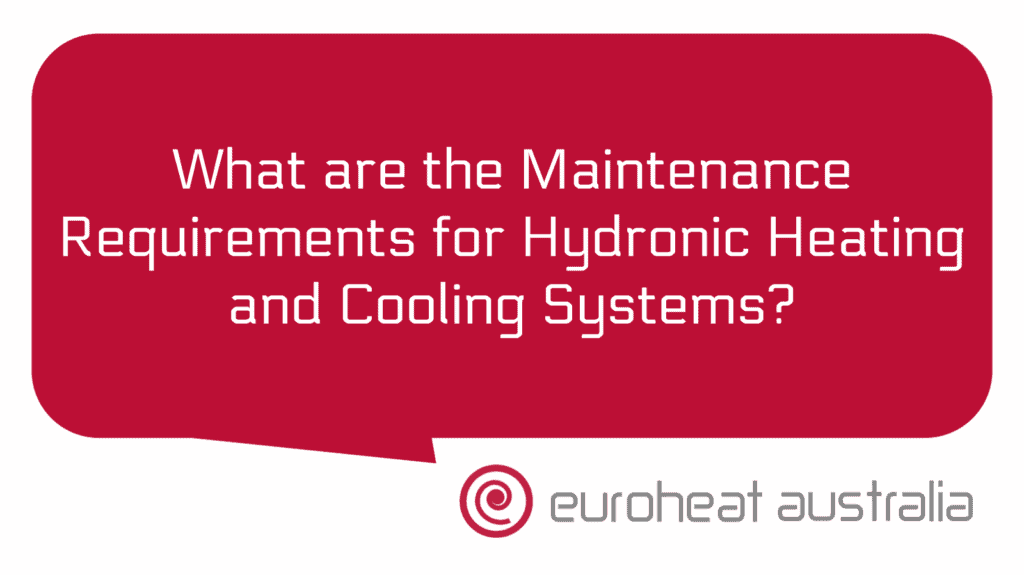When it comes to keeping your home comfortable in the summer or winter, hydronic heating and cooling systems are a great option. They are energy efficient, cost effective and require minimal maintenance, making them an ideal choice for homeowners in Australia.
Hydronic systems use water heated by gas boilers or solar collectors to provide heat and hot water throughout your home. The heated water is then circulated through pipes to radiators or fan coils that distribute the heat evenly throughout the house. This system is also able to cool your home in the summer months, as the cooled water can be circulated throughout the house instead of heated water.
The main advantage of hydronic heating and cooling systems is that they are incredibly efficient, meaning that you will save money on your energy bills and have a much lower carbon footprint. In addition, because these systems transfer heat through pipes instead of air ducts, there is less air leakage which helps keep your home at a comfortable temperature all year round.
However, as with any system, there are certain maintenance requirements that need to be followed in order to ensure that the system works correctly and efficiently. Here’s what you need to know:
1) Check for Leaks – You should periodically check all pipes, connections and valves for leaks or signs of wear and tear. Any leaks should be repaired immediately to avoid wasting energy and money on unnecessary heat loss.
2) Clean Radiators – To ensure optimal performance of your radiators you should clean them regularly by removing any dust or debris build up with a vacuum cleaner or cloth.
3) Change Filters – It is important to replace old filters regularly to ensure good air quality inside your home as well as improving efficiency of the system.
4) Check Pressure – Hydronic heating systems rely on pressure from the boiler which needs to be monitored regularly to make sure it remains at an optimal level for proper operation of the system. This can usually be done by checking gauge readings on a pressure valve located near the boiler unit itself.
5) Service Boiler Annually – The boiler unit should be serviced annually by a qualified technician who will check all parts such as valves, seals and pumps for signs of wear and tear as well as making sure that any safety features such as carbon monoxide detectors are working properly.
By following these maintenance requirements you can ensure that your hydronic heating and cooling system will continue working optimally year after year while saving you money on energy bills and reducing your carbon footprint at the same time!
If you’re looking for an experienced team who can design, construct and maintain hydronic heating & cooling systems with over 30 years experience than Euroheat Australia based in Perth could be perfect for you! They provide design services tailored specifically to meet each individual customer’s needs so that their customers receive maximum benefits from their hydronic systems such as improved energy efficiency which could result in up to 80% savings on electricity bills! That’s not all; Euroheat also offers installation services so that their customers don’t have to worry about doing it themselves – leaving more time for them focus on other important tasks around their homes!





